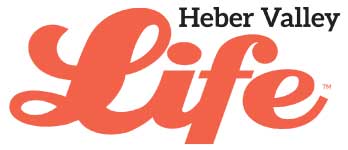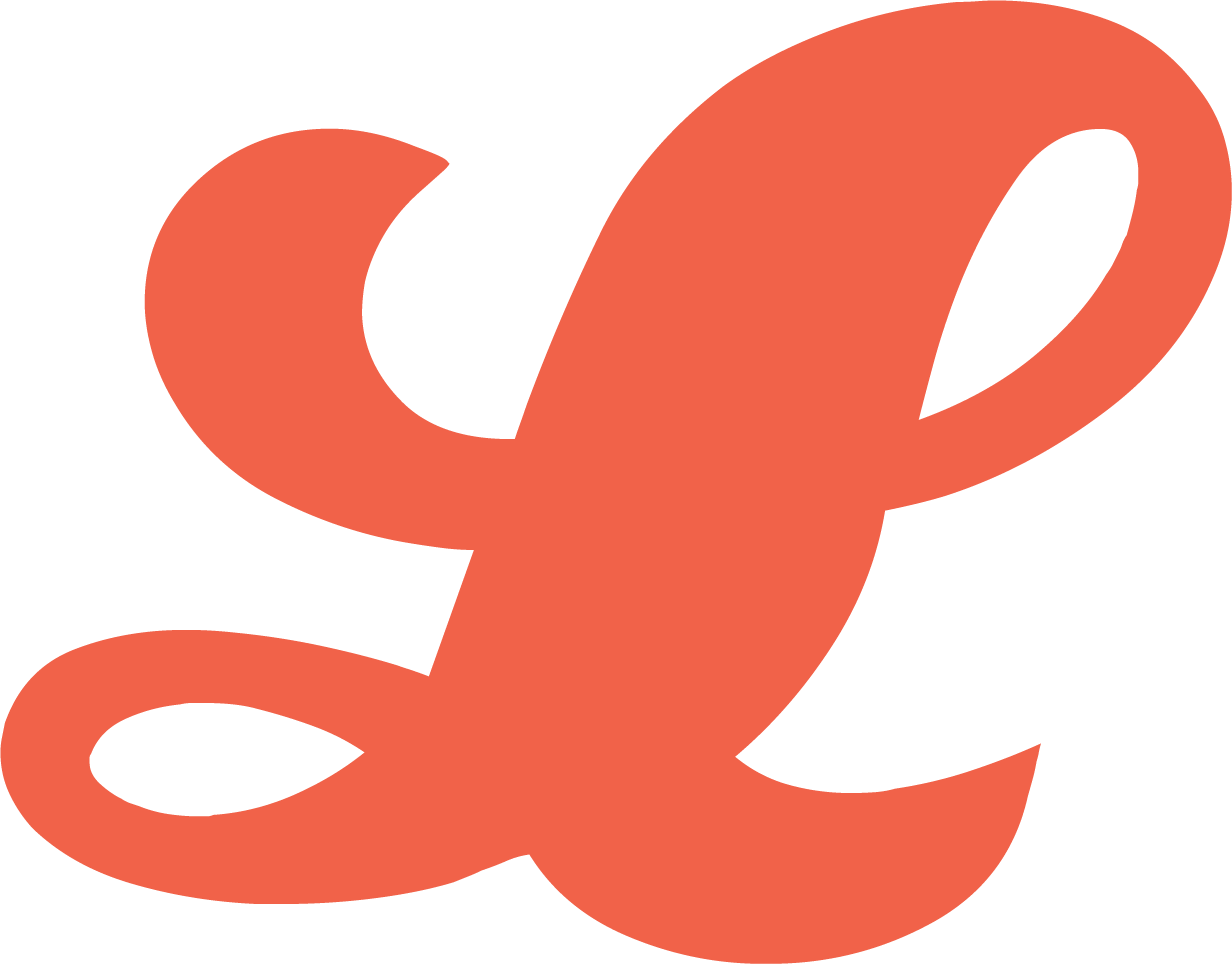When you think of beekeeping, you probably think of bees that produce that sweet golden elixir we all know and love called honey. However, did you know that there is a large population of native bees — ones that don’t make honey — living naturally in the Heber Valley?
That’s right: Utah is home to the largest concentrations and the most types of native bees in the nation!
“I saw a hive in someone’s backyard,” says Susie Goodspeed. “I was fascinated and hooked.” Goodspeed is the owner of Susie Bee Good Honey and is a veteran beekeeper of more than 10 years. She specializes in honey bees, as well as mason and leaf cutter bees, two native varieties that do well in our state.
There are about 4,000 species of native bees in the United States.
Backyard beekeeping has come a long way in the past few decades. Supplies are now more accessible, and in the case of native bees, even more economical for beekeeping enthusiasts. Even though it’s more accessible than ever before, honey beekeeping is a tricky game for beginners. “I would recommend getting a mentor for a year,” advises Goodspeed. “Reading as much literature as possible really helped me get a better knowledge of what I was getting into.”
Getting a mentor, as well as taking a class or two, will better increase your chances of keeping your bees alive and happy. “A mentor can help you in deciding on what bees to get, where to put them and how to troubleshoot problems,” Goodspeed explains. Most beekeepers will still have a trial and error period to master the craft, but do not get discouraged — success will happen.
Beginners Go Native
Goodspeed recommends starting your backyard beekeeping hobby with native bees, and transition to honey bee hives only after you’ve gained beekeeping knowledge and experience. Native bees are gentler than honey bees because they do not have honey, the queen or a large brood (baby bees in the hive) to protect. As they are infinitely less aggressive, native bees are easier to keep alive.
Native bees are also more efficient pollinators than honey bees. While honey bees are only about 5 percent effective in their pollination efforts, native bees boast a 95 percent rate! This success rate is attributed to the fact that native bees concentrate their pollination efforts to a specific crop and they’re “hairier” than honey bees, which allows them to collect more pollen and cross-pollinate at higher rates.
33% of our food supply — 100+ crops — are linked to pollination.
Spring mason bees, gentle bees that are dark iridescent blue, are perfect pollinators for orchards and berries fields, and are also well-suited for backyard beekeeping. They are among the some of the first bees to emerge in the spring, which makes them a good fit for backyard beekeepers who have fruit trees that need pollinating.
“They are super cross-pollinators that are hilarious to watch belly-flop onto flowers,” Goodspeed says. Mason bees are gentle, nonaggressive and don’t mind being watched. They’re perfect if you have children, who will love watching them fly in and out of their little “bee house.”
Another native bee, the summer leaf cutter, is great for the garden enthusiast. These bees are warmer weather bees that love to pollinate vegetables, fruits and other garden varieties. “They are a lot smaller and quite shy compared to the mason bee,” explains Goodspeed. If you’re looking to increase your yield on crops such as berries, tomatoes, peppers, legumes and squash, a leaf cutter hive is a good place to start.
Save The Bees, Get Some Honey
Most native bees can live side by side, which means you can have several varieties in your backyard that pollinate all season long. “You can help to save the bees by having a simple hive in your backyard,” says Goodspeed. “They don’t have to be honey bees, because they can be quite the investment for the hobbyist.”
If you don’t want to commit to keeping your own bees, you can contact a local beekeeper and they will happily let you house a hive or two on your property. Most beekeepers would gladly provide you with some honey at the end of the season in exchange. Talk about a sweet reward for providing a happy (bee) home! Be it honey bees or native bees, backyard beekeeping is a fun hobby that helps pollinate our great valley and saves our local bees.





